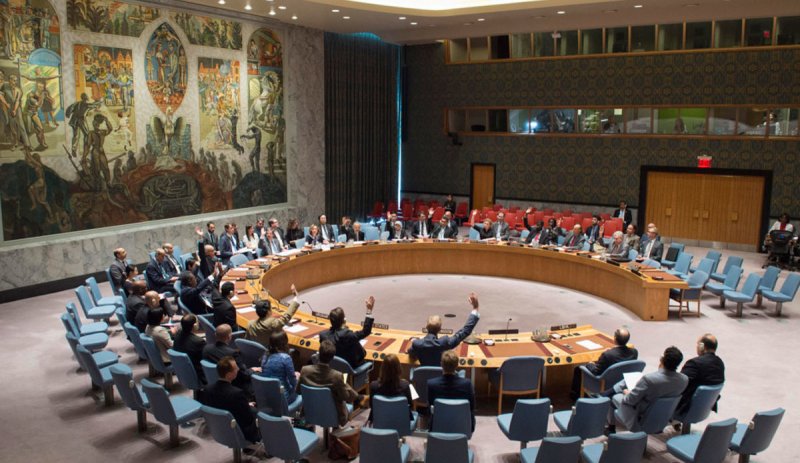167 illegal bars shut down in Mombasa, bhang worth Sh10m recovered

Mombasa County Commissioner Mohamed Nur warned on the emergence of Khat chewing hubs, which are now seen as hubs for juvenile gang activity in the county.
Security forces in Mombasa have closed down 167 illicit bars near schools and residential zones, seizing approximately Sh10 million worth of bhang.
According to the Mombasa County Commissioner Mohamed Nur, in Mombasa, strict measures are being enforced through cooperation between security agencies and the local community to help curb the drug and alcohol menace problem has expressed growing worries about the uncontrolled distribution of Khat to minors, leading to the rise of Khat dens, which are fostering juvenile gang activity.
More To Read
- Mutua sounds alarm as drug abuse blocks coast youth from lucrative jobs abroad
- UK warns citizens visiting Kenya, Uganda of methanol poisoning from fake alcoholic drinks
- KDF recruitment reveals alarming substance abuse among hundreds of Garissa youth
- Kenya raises alarm on surge in synthetic drugs, shifting trafficking trends
- Former Chesumei MP and Boston Marathon winner Elijah Lagat dies
- NACADA, clergy join forces to confront drug crisis at the Coast
"We have successfully continued our campaign against alcohol and drug misuse, with significant results. Our task forces have closed down nearly 167 unlicensed bars near schools and residential zones, confiscating approximately Sh10 million worth of bhang," Mohamed said.
He pointed out that the uncontrolled distribution of Khat to minors is becoming a serious issue for residents and security forces.
"There is a need for the county government to set up regulations to govern Khat sales, we urge policy implementation for clear guidelines on sale times, designated selling areas, and enforcement by the county security team," Mohamed said. said.
He warned this has led to the emergence of Khat chewing hubs, which are now seen as hubs for juvenile gang activity in the county.
The county commissioner mentioned that the government's intentional efforts to combat drug issues in the county are starting to show results.
NACADA policy
At the same time, stakeholders praised the creation of the National Authority for the Campaign against Alcohol and Drug Abuse (NACADA) policy, stating that it will bring new momentum to the ongoing battle against alcohol and drug abuse in the nation.
NACADA and civil society groups are teaming up to develop crucial policy guidelines to combat alcohol and drug abuse effectively.
The policy aims to protect society from the negative impacts of alcohol, drug, and substance abuse.
Mohamed stated that interventions such as the policy draft proposed by NACADA will help reduce existing gaps that have hindered progress in combating drug and alcohol abuse.
The CEO of the International Institute for Legislative Affairs (IILA) Celine Awuor thanked NACADA for spearheading the refinement and structuring of the long-awaited National Policy on Alcohol and Drug Abuse.
Director of Reachout Centre Taib Abdulrahman, described the draft policy as a significant step in combating ADA, highlighting the absence of a policy despite the existence of an ADA act.
He emphasised the importance of the policy for better implementation, monitoring, scaling up services, and government support for civil society.
He advocated for ongoing education to raise awareness about ADA's effects and proposed establishing a specialized police unit, the Drug Enforcement Agency, to address ADA-related issues.
Parents and guardians were also urged to monitor their children closely during extended school breaks.
Top Stories Today














































